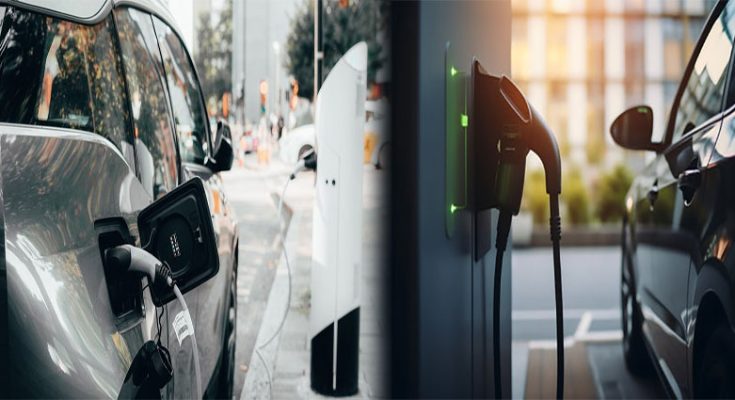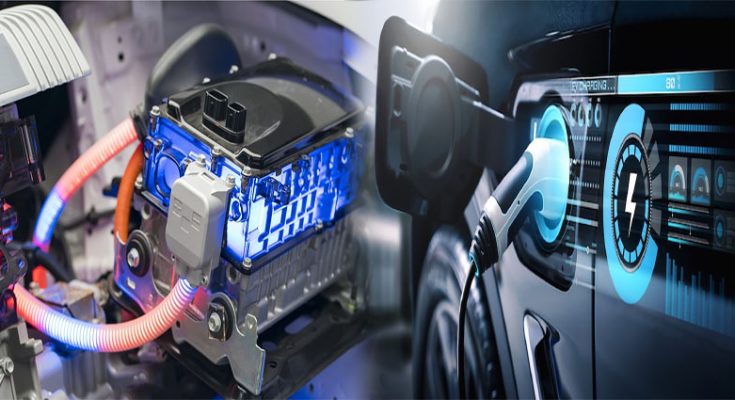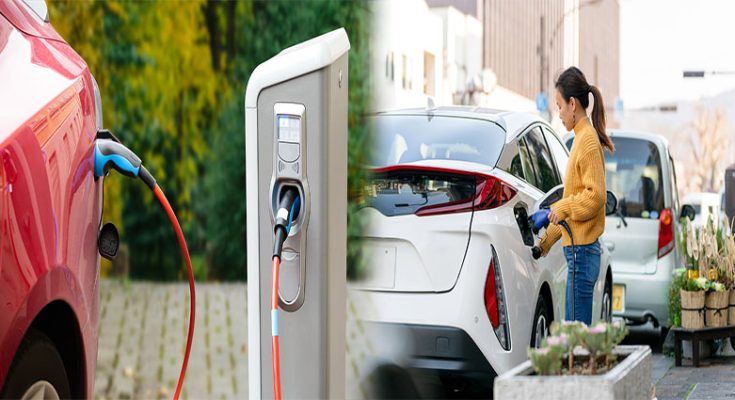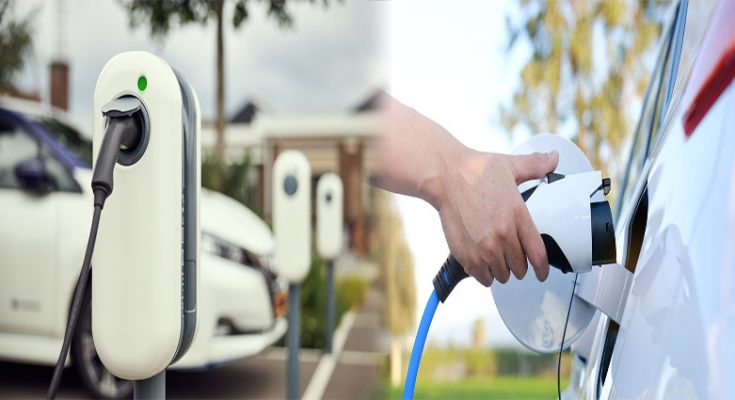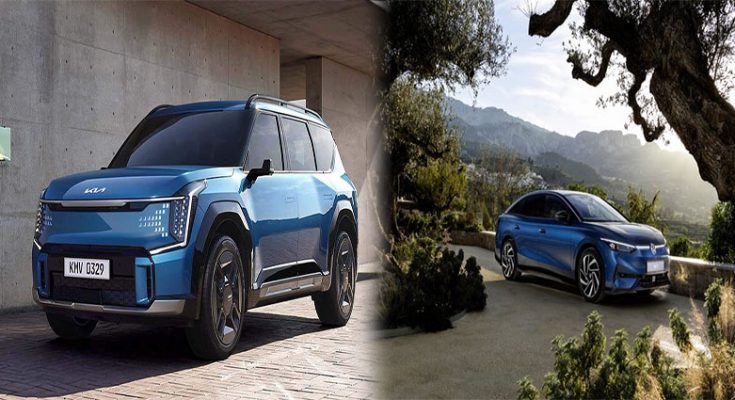
Exploring the Best SUV Electric Cars for Long-Distance Travel
As electric vehicles (EVs) continue to gain popularity, the market for electric SUVs designed for long-distance travel has expanded significantly. Combining the spaciousness and versatility of SUVs with the efficiency and sustainability of electric power, these vehicles represent a compelling option for drivers seeking both comfort and eco-consciousness. Let’s delve into some of the best SUV electric cars that shine when it comes to long-distance travel.
Tesla Model X
- Accommodating up to seven passengers and featuring Tesla’s renowned range and supercharging infrastructure, the Model X stands out as a top choice for long-distance electric SUV travel.
- Its impressive range, all-wheel drive capabilities, and advanced Autopilot features make it an ideal companion for road trips and extended journeys.
- The Falcon Wing doors add a touch of innovation while providing convenient access to the rear seats and cargo area, enhancing the overall travel experience.
Audi e-tron
- With its luxurious interior, high build


